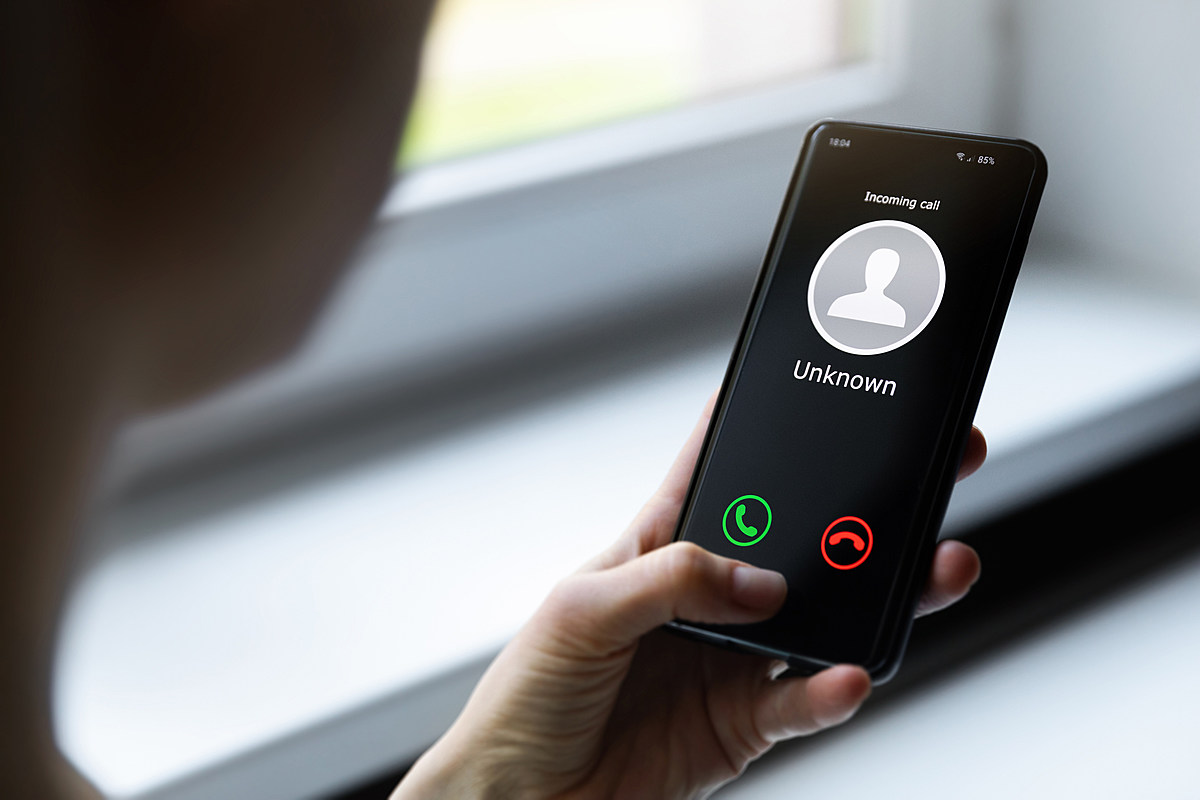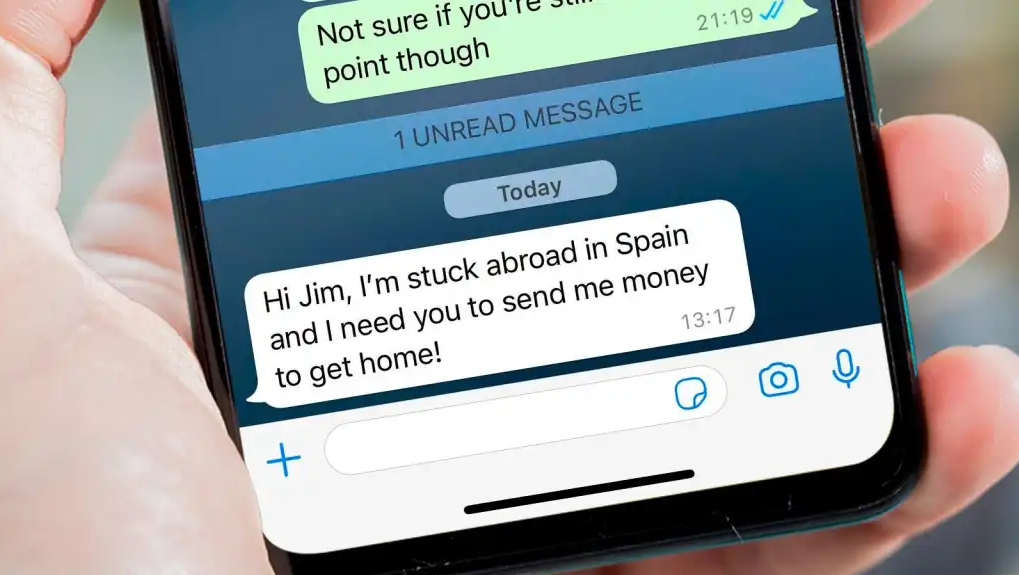‘Hello, remember… no?”: If you answered this question, you may have fallen into a huge scam trap.
- Tram Ho
The problem of phone fraud in the form of pretending to be the victim’s friend is causing a Southeast Asian country to sound the alarm.
The number of scams has skyrocketed, prompting the police to immediately make timely recommendations to keep people awake and not fall into the trap of fraudsters.
Although in Vietnam, cases of fraud in this form are not too common, but we also need to understand what is happening to take appropriate precautions.
“Hello, remember who I am?”
Specifically, according to The Star, since January 2023, in Singapore, at least 945 people have fallen into the trap of callers pretending to be their friends. The total amount that the victims were scammed lost up to 3.2 million SGD (more than 56 billion Vietnamese Dong).
Cases of pretending to be friends to scam have started to be recorded in Singapore since 2021 with a total of 686 cases. This number skyrockets in 2022 (with 2,106 cases), in which scam victims lose at least S$8.8 million.
In these cases, the victim will receive text messages or calls from unknown unknown numbers.
The crook will ask the victim to guess who they are. After the victim guesses, the fraudster will recognize himself as the person with that identity, and then tell the victim to save the new contact number, with the reason that the phone is lost, so the old number is no longer available.

In this scam campaign, crooks pretend to be friends of the victim. Photo: The Point
A few days later, the crook calls again, pretending to be the victim’s friend, but this time he will ask for a loan. The reason given was “cannot make banking transactions, or are having financial difficulties” .
The crooks will give the victim a local bank account number and have the money transferred there.
“In these cases, the scammer was able to appeal to the kindness of victims who felt the need to help their friend. Many victims said that because the caller resembled their friend, they tried to help their friend. believe it is a genuine request for help,” Singapore police said.
Victims only discovered they had been scammed after contacting real friends, or when the loan amount was not returned as promised.
Such scammers tend to contact victims directly via phone calls, rather than through social media. That shows they are constantly developing new tactics to find ways to push victims into traps.

The ‘Friend in Need’ scam campaign used to be rampant on WhatsApp. Photo: Tech Advisor
Previously, in August 2022, the ‘Friend in Need’ scam campaign was rampant on WhatsApp, causing many users in the UK to fall into the trap. Scammers often target the WhatsApp accounts of people who have lost their phones or are unable to log into their WhatsApp accounts.
They then masquerade as them and text the victim. Because the messages were sent from friends’ accounts, the victims were not suspicious.
Scammers can also text from an unknown number, pretending to be a friend whose phone has been lost or locked out of their account.
how to prevent?
Experts recommend that users install the ScamShield app on their phones and install security features such as enabling two-factor or multi-factor authentication for important applications, such as bank accounts and social network.
It’s also important to set limits on internet banking, including on PayNow.
Recipients should also verify the caller’s claim by checking with their family and friends through methods such as face-to-face, video calling, writing emails, and notifying the authorities. and warn relatives around when encountering scams.
“Beware of unusual requests from someone claiming to be someone you know via text message or phone call/WhatsApp. Report the phone number to WhatsApp to initiate in-app blocking” – Police Singapore recommended.
Source : Genk
